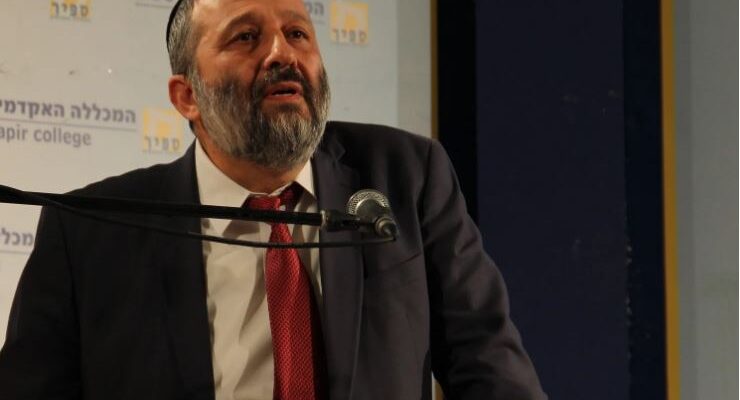An unprecedented constitutional crisis is brewing in Israel. It is an emotionally charged arm-wrestle pitting the judicial system and its supporters against the executive branch of the government.
In addition, because of Israel’s political system, where the government is formed on the basis of a majority in the unicameral Knesset (parliament), the legislative branch in contemporary Israel is almost identical with the executive government.
This conflict has potential long-range implications on Israel’s international standing, economy and its very essence as a Jewish and democratic state.
Since the 1990s, the power of the judiciary vis-à-vis other bodies governing Israel has gradually yet dramatically increased.
Under the leadership of the Chief Justice Aharon Barak (1995 to 2006), a constitutional revolution unfolded. Motivated by the self-perception of the courts as the defenders of human and civil rights in Israel in the absence of a written constitution, Barak believed that no issue should be outside the jurisdiction of the courts (“Hakol Shafit”).
Instead of a constitution, Israel’s Knesset has enacted a series of ‘basic laws’ over the years, which enjoy a higher status than regular laws. The Supreme Court began to voluntarily apply the power of judicial review to disqualify laws and government decisions based on what the court saw as compatibility (or lack thereof) with basic laws – a power which is not granted to the judiciary under any statute or other document which is part of Israeli law.
Read the article by Ran Porat in the Monash LENS.

